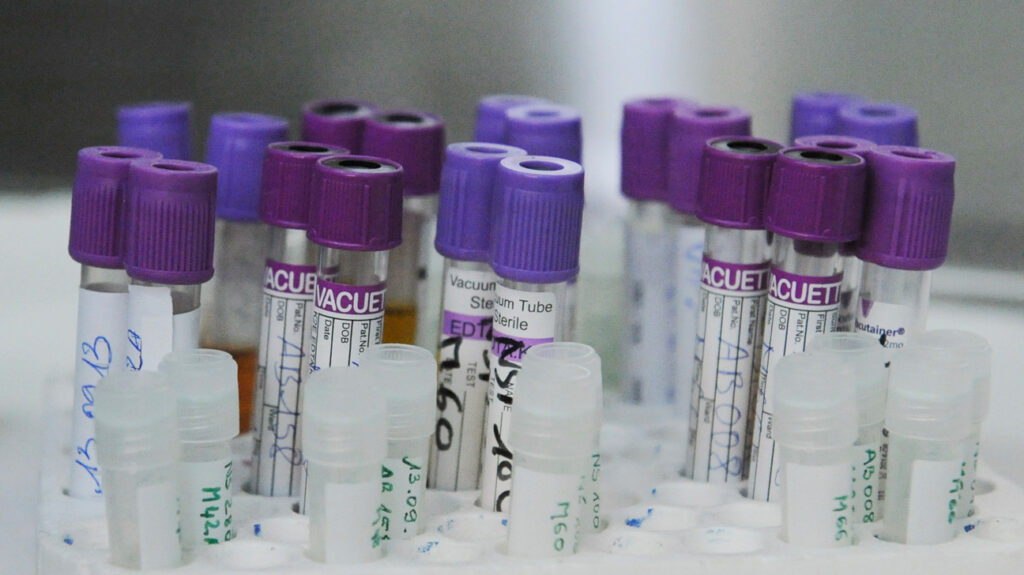A group of researchers at the University College London and Africa Health Research Institute have constructed an application using artificial intelligence, capable of improving diagnoses of HIV among people with low socioeconomic status.
First released in the journal Nature Medicine, researchers used deep learning algorithms, a form of artificial intelligence, to build more robust diagnoses of HIV-based tests for South African populants.
“Although deep learning algorithms show increasing promise for disease diagnosis, their use with rapid diagnostic tests performed in the field has not been extensively tested. Here we use deep learning to classify images of rapid human immunodeficiency virus (HIV) tests acquired in rural South Africa,” Valérian Turbé and fellow research colleagues wrote in their findings.
“Using newly developed image capture protocols with the Samsung SM-P585 tablet, 60 fieldworkers routinely collected images of HIV lateral flow tests.”
A thorough examination of the HIV-based tests using the algorithms yielded a reduction in false positives and false negatives. The findings lay the groundwork for the potential release of a sophisticated AI-fueled app capable of providing more accurate diagnoses of HIV, particularly among populants of less-developed nations.
“Our findings lay the foundations for a new paradigm of deep learning–enabled diagnostics in low- and middle-income countries, termed REASSURED diagnostics1, an acronym for real-time connectivity, ease of specimen collection, affordable, sensitive, specific, user-friendly, rapid, equipment-free and deliverable,” the authors stated in their journal report.
“Such diagnostics have the potential to provide a platform for workforce training, quality assurance, decision support and mobile connectivity to inform disease control strategies, strengthen healthcare system efficiency and improve patient outcomes and outbreak management in emerging infections.”


